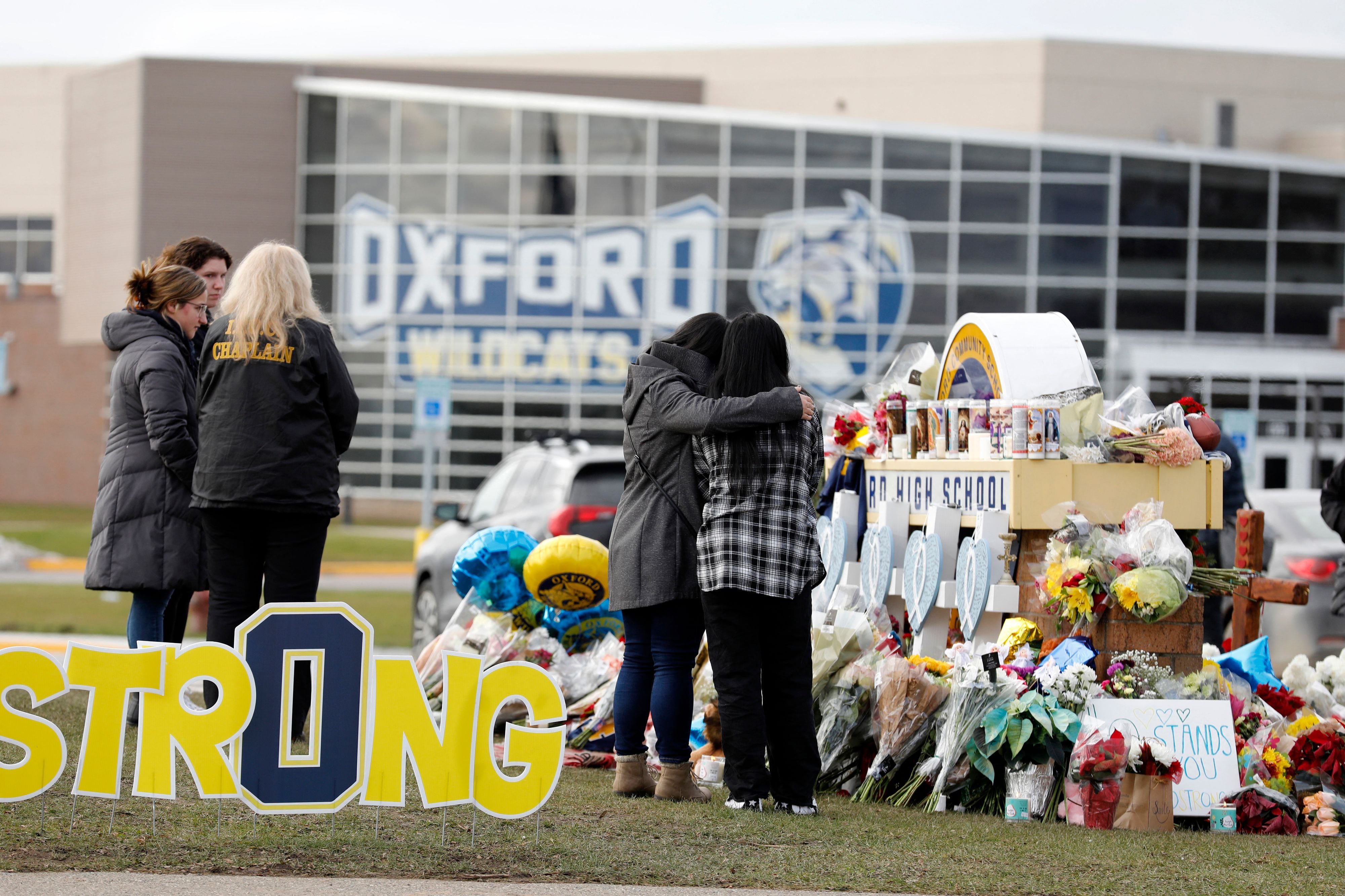Sign up for Chalkbeat Detroit’s free daily newsletter to keep up with the city’s public school system and Michigan education policy.
In the last hours of this year’s legislative session, the Michigan Senate on Friday morning gave final approval to a package of bills aimed at preventing violence in schools.
The five bills will put more mental health support in place for students and more stringent protocols for responding to school emergencies. The legislation, which was introduced after the 2021 Oxford school shooting that killed four students, is expected to be signed into law by Gov. Gretchen Whitmer.
School safety reforms were one of the remaining legislative priorities of Democrats during the lame duck session.
During committee hearings for the legislation, school officials and gun violence survivors pleaded with lawmakers to pass the bills.
“This work cannot be ignored,” said Melissa Kree, a psychologist at Oxford Community Schools, at a March hearing.
One of the bills calls for every public school in the state to create a behavior threat assessment and management team. Its introduction was prompted by the findings of a third-party report on the response to the Oxford shooting. The report found the killings could have been prevented if school staff and law enforcement properly carried out threat assessment and prevention.
Teams will include an administrator, a mental health professional, and a school resource officer or other law enforcement official.
The threat assessment teams will be charged with defining concerning behavior in people who pose a risk of harming themselves or others. The teams will monitor and assess students who display those behaviors and talk with them, as well as educate school communities on what signs to look for.
They will also develop written plans to help struggling students, including supportive measures as well as discipline.
The teams will distinguish between credible and noncredible threats and create central reporting mechanisms.
That bill had some bipartisan support in its final Senate vote, although 14 Republicans voted against it.
Two of the bills in the package passed unanimously in the Senate. They will create standardized terminology for first responders and school staff to use during school emergencies. The Michigan State Police will have to establish the terminology by July 1.
The two remaining bills will create a permanent School Safety and Mental Health Commission in the Department of Education.
A commission created in 2022 focused mostly on physical security threats. It will be phased out for the new one, which will include education, school safety, and mental health experts. Twelve Republicans voted against the bill replacing the old commission with the revised one.
On Thursday night, the Senate also gave final approval to legislation that will require school districts to send home information about safe firearm storage. Republicans said the bills were “anti-Second Amendment.”
The Senate on Friday also gave final approval to a proposal that will require charter schools to publicly post average teacher salaries. Whitmer is expected to sign it into law.
A measure that will require schools to allow Indigenous students to wear traditional regalia to graduation ceremonies also won final approval in the Senate.
One bill that would allow Detroit Public schools to pay off its School Loan Revolving Fund debt with its operating millage is still up for a vote in the body.
The Senate ended a marathon 29-hour session Friday afternoon. It is tentatively scheduled to return to session Monday.
The House ended its dysfunctional lame duck session Thursday afternoon, effectively killing a slew of education bills.
Hannah Dellinger covers K-12 education and state education policy for Chalkbeat Detroit. You can reach her at hdellinger@chalkbeat.org.





